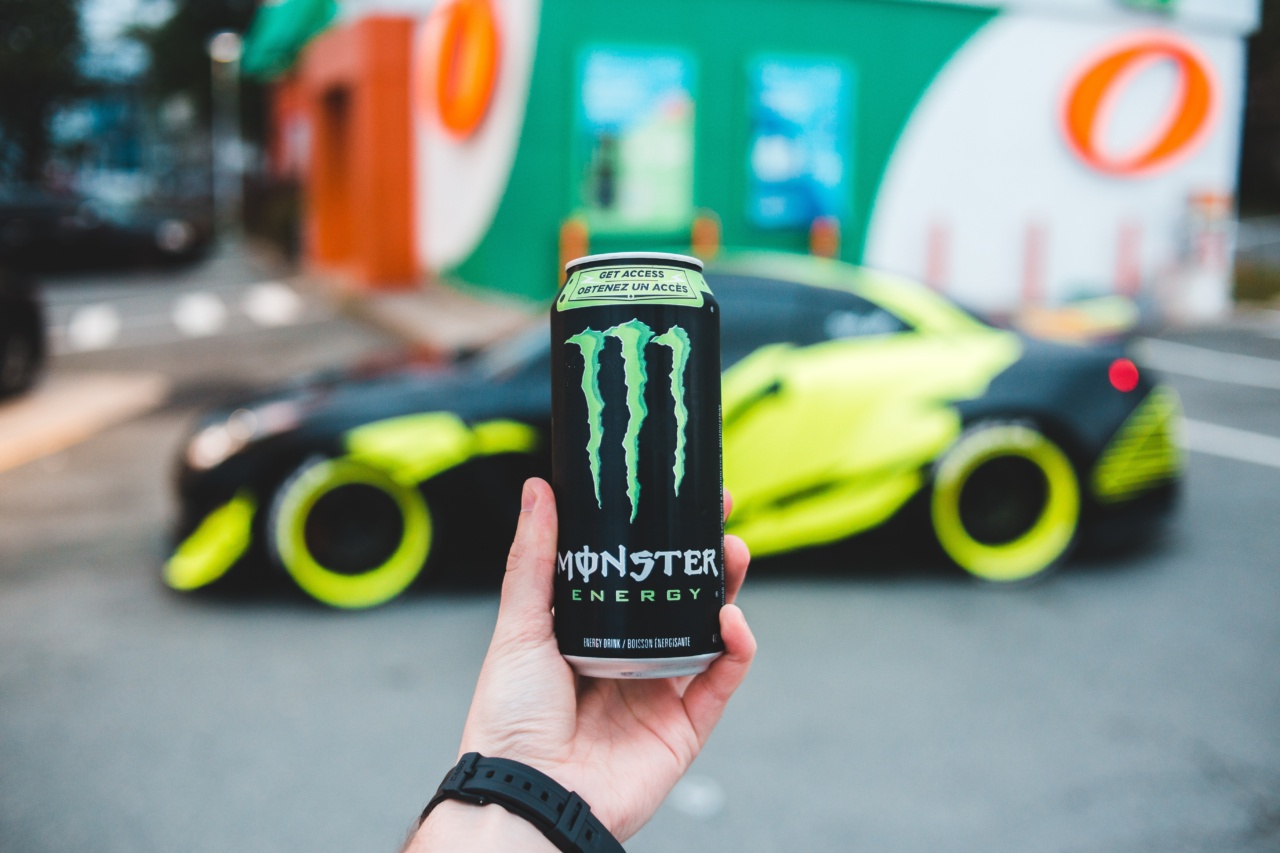Energy drinks have become increasingly popular over the past few years due to their ability to provide a quick boost of energy.
However, people with iron deficiency may be worried about consuming energy drinks and the potential harm it could cause to their health. Iron deficiency is a common nutritional deficiency, and it can lead to various health problems, including fatigue, weakness, and anemia.
In this article, we will examine the relationship between energy drinks and iron deficiency and determine whether or not consuming energy drinks can be harmful to people with iron deficiency.
What are Energy Drinks?
Energy drinks are beverages that contain high amounts of caffeine, sugar, vitamins, and other stimulants. They are designed to provide an instant burst of energy and increase mental alertness.
Energy drinks typically contain about 80-160 milligrams of caffeine per 8-ounce serving, which is about twice the amount of caffeine you would get from a cup of coffee. Other common ingredients found in energy drinks include taurine, guarana, ginseng, and B vitamins.
Iron Deficiency
Iron deficiency is a common nutritional deficiency, and it occurs when the body does not have enough iron to make hemoglobin. Hemoglobin is the protein in red blood cells that carries oxygen from the lungs to the rest of the body.
Iron is also needed for the production of other proteins that help the body use oxygen. When the body is low in iron, it leads to iron-deficiency anemia, which can cause fatigue, weakness, dizziness, headaches, and shortness of breath.
Iron deficiency can occur due to a lack of iron in the diet or due to the body’s inability to absorb iron.
Can Energy Drinks Harm People with Iron Deficiency?
There is no clear evidence to suggest that energy drinks can harm people with iron deficiency. However, some of the ingredients found in energy drinks can affect the body’s ability to absorb iron.
Caffeine is a diuretic, which means it increases the production of urine and can lead to dehydration. Dehydration makes it harder for the body to absorb nutrients, including iron. Additionally, some studies have suggested that excessive caffeine intake may increase the risk of iron deficiency anemia.
Some of the other ingredients found in energy drinks can also interfere with iron absorption. Taurine and guarana are two common ingredients found in energy drinks that have been shown to interfere with iron absorption.
Taurine has been found to inhibit the absorption of iron in rats, while guarana has been shown to reduce the absorption of iron in humans.
Overall, while there is no clear evidence to suggest that energy drinks can harm people with iron deficiency, it is best to consume them in moderation and to ensure that you are adequately hydrated if you do choose to consume them.
Tips for Consuming Energy Drinks
If you have iron deficiency and want to consume energy drinks, it is important to do so in moderation and to follow these tips:.
- Do not consume energy drinks every day.
- Limit your intake of energy drinks to one or two servings per day.
- Avoid energy drinks that contain high amounts of caffeine.
- Avoid energy drinks that contain taurine or guarana.
- Ensure that you are adequately hydrated before consuming an energy drink.
Conclusion
Iron deficiency is a common nutritional deficiency that can lead to various health problems, including anemia.
While there is no clear evidence to suggest that energy drinks can harm people with iron deficiency, it is important to consume them in moderation and to avoid energy drinks that contain caffeine, taurine, or guarana. Ensuring that you are adequately hydrated before consuming an energy drink can also help mitigate any potential adverse effects. If you have concerns about consuming energy drinks, it is best to consult with your healthcare provider.






























